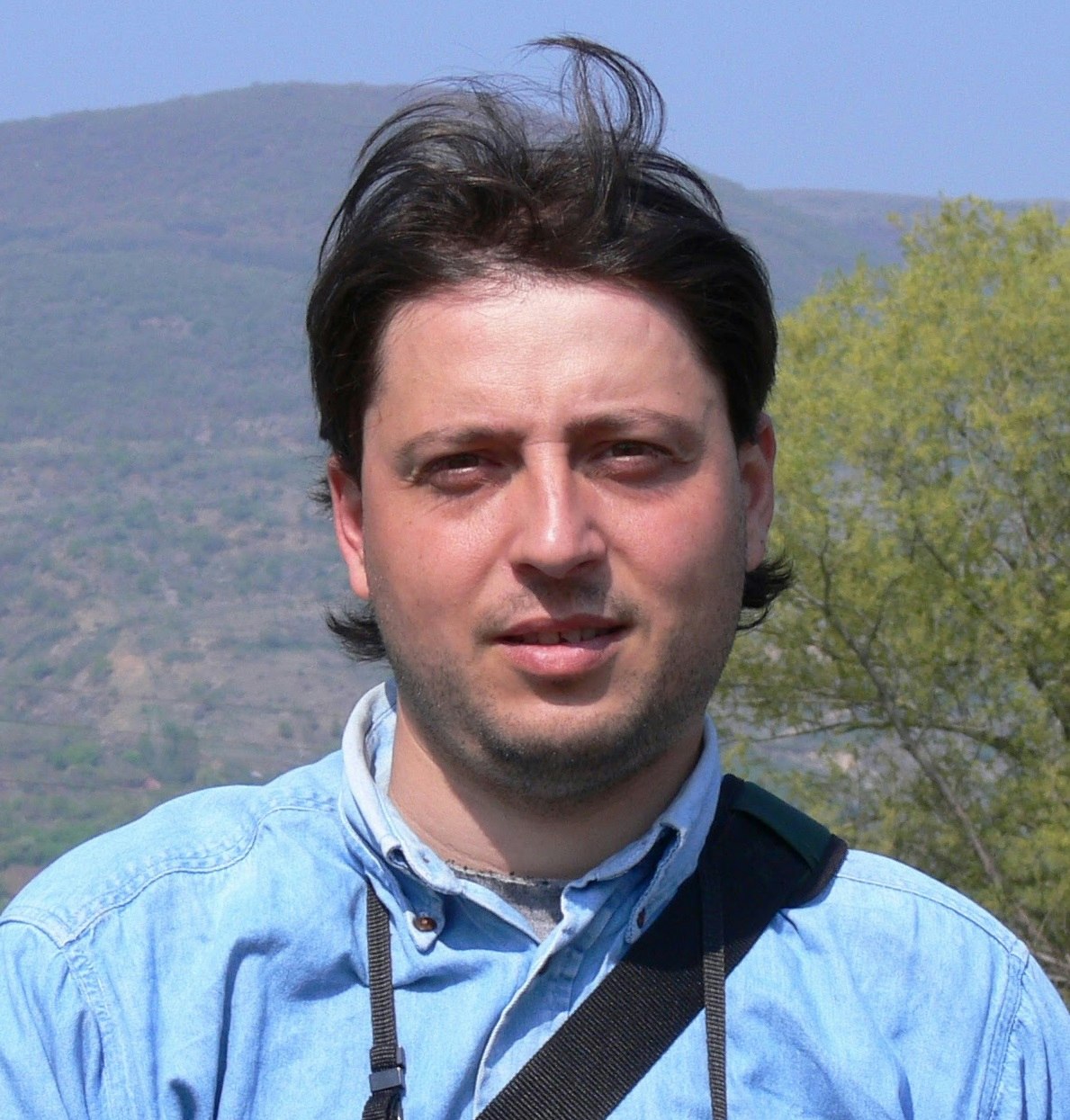Predators, people and their livestock in peaceful coexistence: reducing the threat to wolves, bears and vultures from humans and poison, Bulgaria
Bears and wolves were once common throughout Western Europe but were eliminated as a result of heavy persecution. Few people are aware they still roam the forests of southwestern Bulgaria and eastern Macedonia. However, as living standards in already poor rural areas have plunged further following the collapse of communism, tolerance for large predators has evaporated.
Wild prey is in decline as a result of poaching, leading to increasing attacks on livestock. In a region where the minimum monthly wage is almost equal to the market price of a sheep, the loss of any livestock represents real economic hardship, leading to huge conflict between people and predators.
Until the end of communist rule in 1987, it was government policy in Bulgaria to control predators by poison. Today, the use of poison is banned under the Bern Convention but farmers continue the practice illegally. Desperate to protect their flocks, they lace carcasses with poisons, and in doing so, also killing any scavengers including Imperial Eagles, lynx and vultures.
Half the entire Macedonian population of Griffon Vulture (70 birds) have been poisoned over the last eight years. The Bearded Vulture and the Black Vulture have been virtually wiped out.

Bulgarian conservationist, Emilian Stoynov, is founder and Director of the Fund for Wild Flora and Fauna, an NGO developing innovative approaches to wildlife conservation in the Balkans. Emilian believes the key to effective vulture conservation lies in solving the inability of the community to protect their livestock from all forms of predation.
He is encouraging forgotten traditional practices, such as the use of guard dogs, that allow coexistence with wildlife. A compensation programme has been established to offset the loss of livestock to predators, whilst a demonstration flock shows farmers how improved pastoral practices can increase flock health and protection. Emilian is working with the authorities to integrate the compensation programme into national government policy. He hopes to extend the programme and its educational work across the border to neighbouring Macedonia where farmers face similar challenges.
Key facts:
- 250,000 people in southwest Bulgaria and Macedonia are affected by depredation of their livestock.
- All four species of vultures found in Europe – the Egyptian, Griffon, Black and Bearded Vulture – can be found in the 10,000km² study site.
- More than 100 bears and 700 wolves are shot, trapped or poisoned in Bulgaria and Macedonia each year.
PROJECT UPDATE:
2019 CONTINUATION FUNDING
Saving the Balkans’ last vultures: introducing Vulture Safe Areas as a model for scavenger conservation in the Anthropocene
Bulgaria, North Macedonia, Serbia, Croatia, Greece, Turkey, Albania, Bosnia and Herzegovina & the Middle East
£35,000 over 2 years
Vultures are fast declining in a world where their conservation is not always considered a priority. Their expansive range makes it difficult to implement conservation action, as successful approaches in one location can be compromised by a lack of control in others. A joined-up approach across countries is therefore needed.
With WFN Continuation Funding, Emilian aims to create a network of Vulture Safe Areas (VSA), a concept based on implementing conservation action in well-defined sites to quickly mitigate the full spectrum of threats – including that of poisoning – to numerous vulture and raptor species. He will tag 30 Griffon Vultures with solar-powered GPS/GPRS transmitters, tracking their migratory routes between wintering grounds in the Middle East and summering grounds in the Balkans to identify candidate VSA sites. The data will reveal migration routes, stopovers and both potential and actual threats and allow Emilian’s team to respond to incidents in real time.





